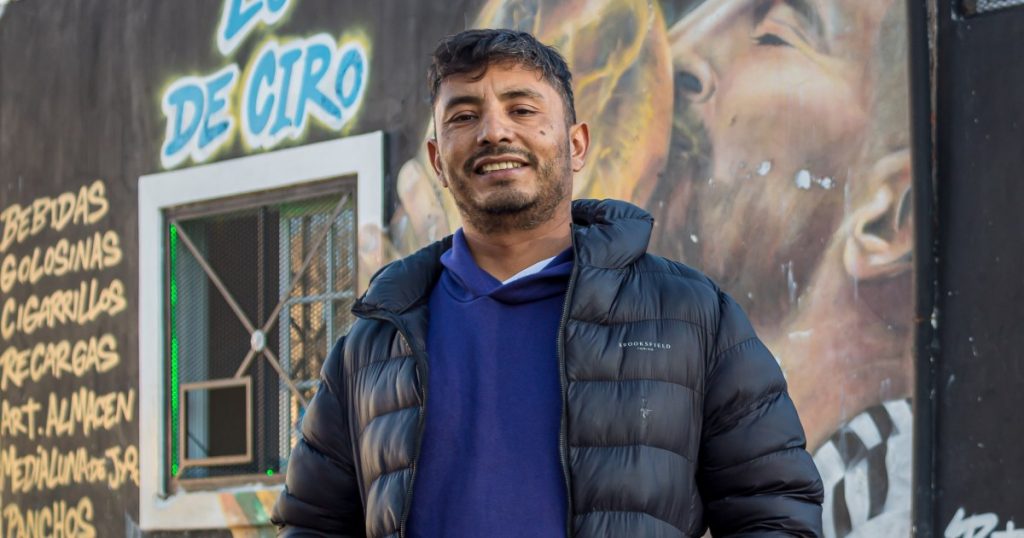The prison population in Argentina has reached a record high of 105,053 people as of 2022, marking a 233 percent increase over the past two decades. Overcrowding and inadequate conditions in the country’s prisons are common, with many lacking basic sanitary supplies, healthcare services, and even beds. The number of imprisoned individuals accessing higher-level education is relatively low, with only around 5.5 percent of women and 4.5 percent of men participating in university-level education programs. This lack of educational opportunities can contribute to higher rates of recidivism among the incarcerated population.
In an effort to address this issue, initiatives like CUSAM, the in-prison university at San Martin, have been established to provide educational opportunities to prisoners. Organized by individuals like Cubilla, CUSAM aims not only to improve the lives of incarcerated individuals but also to foster better relationships among prisoners and reduce violence within the prison. By partnering with the National University of San Martin, CUSAM offers degrees in sociology and social work, teaching students to approach conflict in a different way and develop critical thinking skills.
Research has shown that education can be an effective tool in reducing recidivism rates among the incarcerated population. For example, a study from the University of Buenos Aires found that 84 percent of individuals who graduated from a prison education program in 2013 did not reoffend in the years following their release. Similarly, a study from the Bard Prison Initiative and Yale University in the United States found that the more college credits a person earned while in prison, the lower their likelihood of returning to prison.
The impact of education on the lives of incarcerated individuals goes beyond reducing recidivism rates. Education can open up opportunities and possibilities for individuals, giving them the chance to change the trajectory of their lives. Jessica Neptune, the director of national engagement at the Bard Prison Initiative, emphasizes that a university education has the power to transform the lives of imprisoned students and offers them a way to build a better future for themselves.
By providing educational opportunities within prisons, initiatives like CUSAM are not only helping to reduce recidivism rates but also empowering individuals to improve their lives and make positive changes. The philosophy of treating prisoners as students and offering them access to higher education programs can have a significant impact on their rehabilitation and reintegration into society. As the need for educational programs within prisons continues to grow, initiatives like CUSAM serve as a model for how education can be a powerful tool for improving the lives of incarcerated individuals and creating a more just and equitable society.


